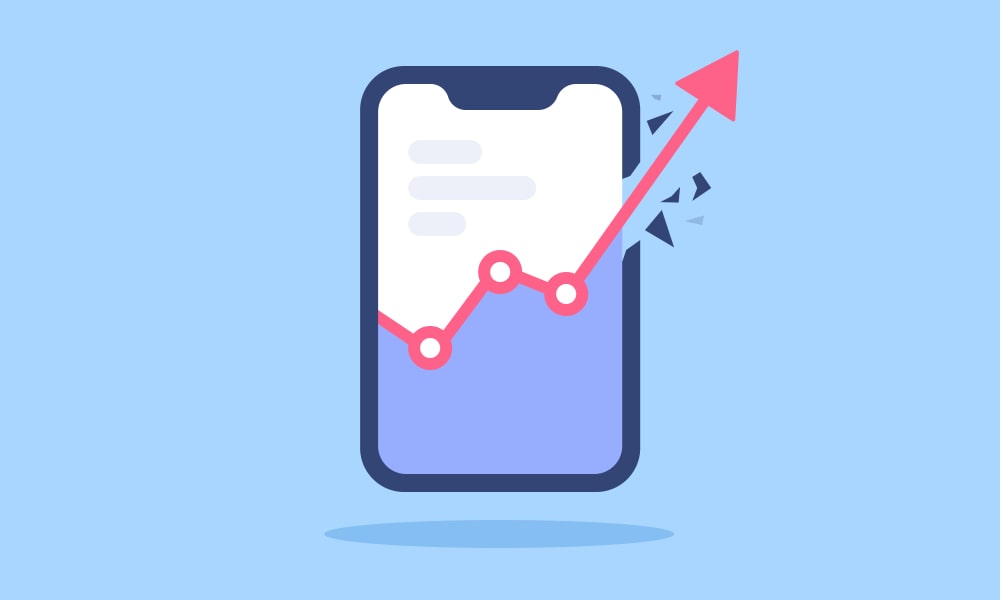For SEO expert Mikaël Priol, founder of the Netlinking.fr agency, 3 essential criteria are taken into account by Google to index a page in the search results and position it in relation to others. But they do not necessarily have the same impact on your strategy.
1. USER BEHAVIOR
The way the user navigates on the web is taken into account by Google. The user behavior clearly has an impact on the SERPs. The SEO expert has conducted several experiments that lead him to two main conclusions:
Google detects strange behaviors, such as a peak of requests and/or clicks at a time T on a single URL. The engine considers this to be atypical behavior. It will therefore act preventively and defensively. But the SEO warns those who would like to exploit this point to their advantage: “This is not an effective strategy in the long term. Moreover, for Google, it is a borderline technique.” Beware of the risk of penalties!
Another interesting element for Mikaël Priol is that “Google knows its audience. It will correlate the results pages according to the affinities of the Internet user.” Thus, two users who type the same query will not necessarily see the same search results.
2. LINKS
In SEO, it is essential to adopt a global netlinking strategy. SEO recommends to pay attention to 3 elements.
On the one hand, it is necessary to develop the external linkage of your site to improve your PageRank. It is necessary to work on the popularity of its domain name to have the most links coming from different URLs.
It is also necessary to work on its authority on a given subject and this, on all the pages of the domain to boost the TrustFlow.
Finally, it is necessary to work on the internal linkage of your site. Mikäel Priol recommends: “The strategic pages should not be more than three clicks away from the home page. According to his analysis, 95% of a site’s traffic is realized on pages less than 3 clicks from the home page. Beyond that, there is a real loss of visibility in the SERPs.
Mikaël Priol’s advice:
Within a site, the pages linked together must address the same themes. There must be a semantic proximity between them.
A netlinking strategy can improve the visibility of a page linked deeper in a site.
3. CONTENT IS STILL KING
We knew it: “Content is king”. This adage is more than ever valid for the SEO: “content is fundamental”. For the SEO expert, it is an element as important as the authority of a site.
Here are Mikaël Priol’s tips for optimizing the content of your pages:
Keywords: they must be present in the Title and in the H1 of the pages
H1 length: longer titles seem to attract more traffic
Type of topics: lists (like Top 10 for example) work better than questions or guides
Number of characters in the URL: shorter URLs are better! But this point also refers to the depth of a page in a site: the deeper a page is, the longer its URL will be with categories and subcategories.
Content size: for blog posts, the longer texts are better positioned. Count on average 1447 words. You should also think about structuring the content. 80% of articles without H2 are not very effective.
Bulleted list: a bulleted list every 500 words generates more visitors
Cannibalization of content: be careful not to unnecessarily multiply the content that mean the same thing. If Google hesitates between several pages to be positioned in the same domain name, it will downgrade all pages.
Overoptimization of contents: be careful not to overoptimize your texts. It is a guaranteed penalty!




